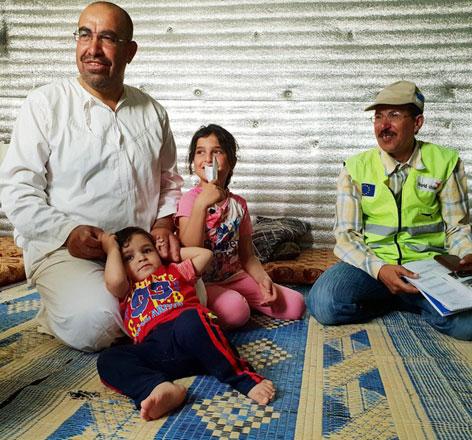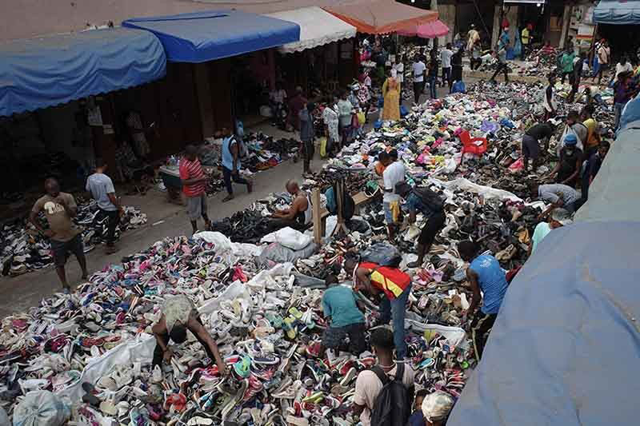You are here
Can plastic bags be sustainable?
By AFP - Dec 24,2019 - Last updated at Dec 24,2019
LOS ANGELES — Plastic bags are getting a sustainable makeover, courtesy of the global initiative Fashion for Good.
The organisation, together with several major brands including Adidas, C&A, Kering, Otto Group and PVH Corp, has launched “The Circular Polybag Pilot”, which aims to “close the loop” when it comes to polybags.
The pilot scheme, which will run for around three to five months from early 2020, involves using post-consumer polybag waste to create new polybags, with the help of a patented technology from the Spanish-based company Cadel Deinking. The technology produces high-quality Low-Density Polyethylene pellets from post-consumer polybag waste, which can, in turn, be used to manufacture new polybags.
The fashion giants backing the trial will supply large quantities of post-consumer polybag waste, Fashion for Good has announced. This will be turned into pellets and new polybags, which the partners will re-integrate into the supply chain.
“We are pleased to be part of the Circular Polybag Pilot and to seek sustainable solutions together with other companies and strong partners in the apparel industry,” said Stefan Krantz, Head of Group Services at the Otto Group, in a statement published on the Fashion For Good website. “We can only make a real difference and make a big contribution to sustainability with a closed-loop model that saves resources.”
According to Fashion For Good, around 180 billion polybags are produced every year to store, transport and protect fashion items, with fewer than 15 per cent of those in circulation collected for recycling.
Plastic bags have come under fire from fashion retailers looking to boost their sustainability efforts recently — earlier this year, Aldo Group announced plans to phase out single-use shopping bags completely, replacing them with shoebox bags made from recycled cardboard. The Japanese lifestyle brand Muji also introduced a charge for reusable bags in its US stores, and the Spanish retail giant Inditex — which owns Zara, Pull&Bear, Massimo Dutti, Bershka, Stradivarius, Oysho, Zara Home, and Uterque — has pledged to eliminate the use of plastic bags across its brand portfolio by the year 2020.
Related Articles
AMMAN — A Green Centre in the middle of Jordan's desert is leading the way in the fight against pollution in the Kingdom, with refugees from
AMMAN-N The International Air Transport Association (IATA) and the United Nations Environment Programme (UNEP) have come together to sign a
PARIS — In H&M’s flagship Paris store it is hard to find clothes that do not claim to be made from “recycled materials”.Last year,













